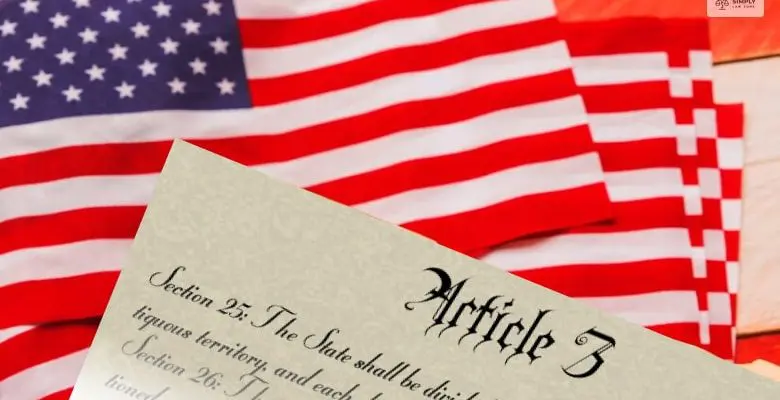
“I think the first duty of the society is justice”- Alexander Hamilton.
The United States government runs in a federal structure. There exists a single central government that functions federally and a state government for each of the fifty states of the US.
Much like the legislature and the executive wings of the government, the Judicial wing has both federal and state outlets. Officials of the judicial branch are nominated by the President and appointed with approval from the Senate.
So, What is Article 3 of the US Constitution?
Article 3 of the United States Constitution lays the foundation for the Judiciary of the United States. It vests Congress with considerable power to decide on the structure and the shape of the judicial mechanism of the nation.
The power to determine the number of judges in the Supreme Court, to set up inferior Courts of law under the Supreme Court, Impeachment of the Judges, Congress deals with it all!
So let us quickly get to know more of the Judicial Constitutional provisions, aka, Article 3 of the Constitution.
Article 3 Of The US Constitution: Judicial Branch
As stated earlier, Article 3 of the United States Constitution elaborates on the US Judicial system. The Article consists of three sections. The 11th Amendment(1795) made changes to this article.
Article 3 Section 1 Of The US Constitution: The Vesting Clause
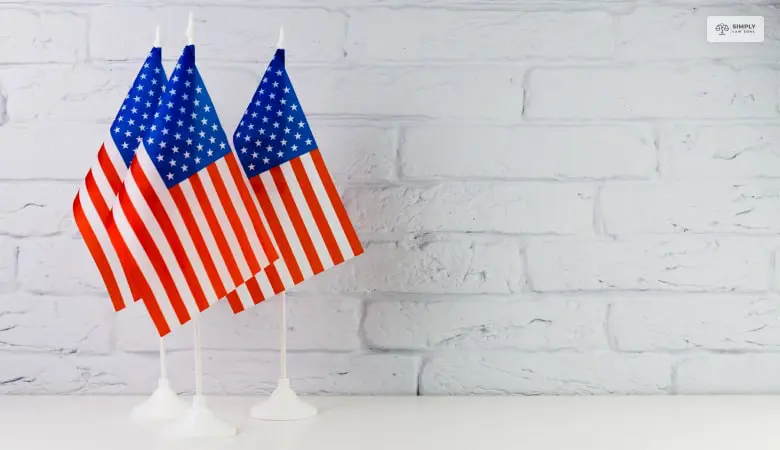
Section 1 of the Constitution states the supreme judicial power rests on the apex Court of the land, the Supreme Court. Congress has been vested with the power to establish other Courts subordinate to the Supreme Court as and when necessary. The Vesting Clause, thus, points out that the Judiciary is to stand separate from the legislature and the executive.
The Supreme Court was the first ever court to be set up. The current Judicial system is three-tiered, consisting,
- Trial courts
- Courts of appeal
- Supreme Court.
The Section further states that the Judges in such Courts shall enjoy their position as long as they maintain “good behavior”. The good behavior phrase seems to be having quite a lot of ambiguity around it.
Good behavior generally refers to any such action that does not fall under the High crimes and misdemeanor clause. It means that the judges once elected may not be removed at will and without proper impeachment once elected.
Before the Constitution was framed, a federal structure was alien to the citizens. They felt an affinity for their respective states but none for a unified government.
Thus the framers found the establishment of the Supreme Court of utmost importance. The need to establish state courts was left to Congress. The first ever subordinate Courts were established under the Judiciary Act of 1789.
The Section stipulates that the compensation to be received by the Judges cannot be decreased and only be increased in their tenure.
Article 3 Section 2 Of The US Constitution: Justiciability
This Section alleges that the power of the Judiciary shall encompass all spheres of the nation. It is applicable to-
| Any treaties made under the legal jurisdiction of the United States. | All ministers, consuls, and ambassadors are appointed by the United States government. |
| To all matters pertaining to admiralty and maritime jurisdiction. | To all matters where the United States government can be a party. |
| All matters of disputes in between states. | Disputes in between members of states. |
| Disputes between people residing in one state and owning lands or grants in other states. |
Clause 1
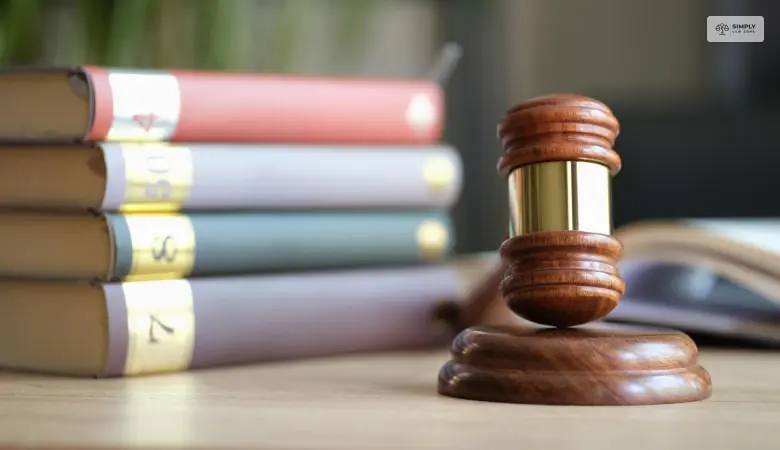
Clause 1 of this Section makes it clear that judicial power extends to actual cases and not hypothetical ones. In the case of Muskrat v. the United States(1911), the Supreme Court held that certain cases do not stand eligible under the cases and controversy genre.
The 11th Amendment to the US Constitution states that federal courts do not hold the power to adjudicate in matters where the suit has been brought about by citizens of other states.
Clause 2
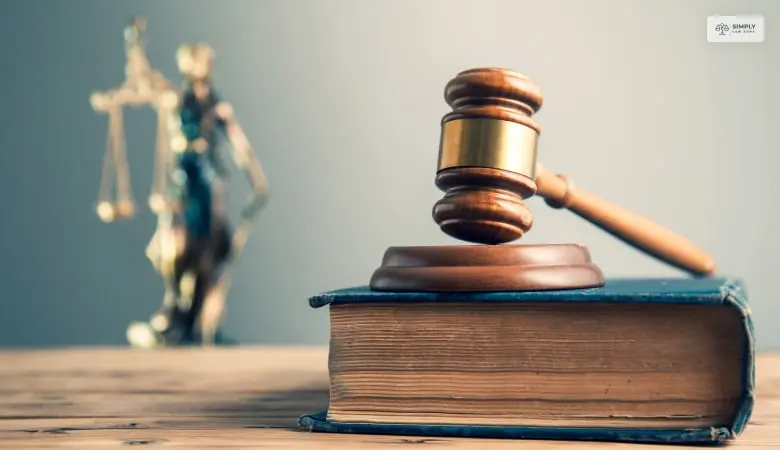
Clause 2 of Section 2 deals with the Jurisdiction of Courts. It states that the Supreme Court enjoys original jurisdiction in cases involving:
- Ambassadors
- Ministers
- Consuls
- Where any of the 50 states is a party to the suit.
Original Jurisdiction under common law is when the Court in question has the right to hear a case for the first time. Whereas, in the case of appellate jurisdiction the higher court can hear appeals, pass review, and revisions over matters earlier dealt with in the subordinate courts.
The original Jurisdiction of the courts shall not be subject to change by Congress. This principle was established in Marbury v. Madison. Expansion of appellate jurisdiction of courts is however subject to the opinions of Congress.
Section 2 Clause 2 also deals with Judicial review. Judicial Review was established by the case of Marbury v. Madison(1803)
Judicial Review
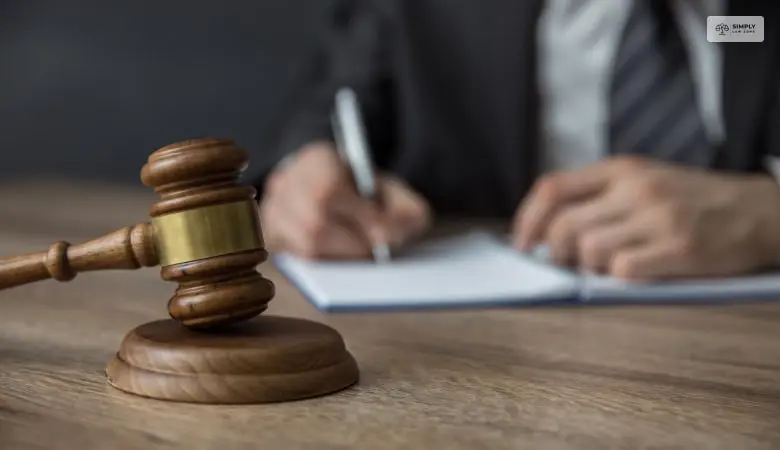
The power to review any rule, legislation, treaty, judgment, or administrative statute is called Judicial Review. Judicial review is done to make sure that all laws of the land remain in sync with the provisions of the Constitution. Although not explicitly mentioned, Judicial Review is considered to be one of the inherent powers vested by this section.
Clause 3
Clause 3 of Section 2 Article 3 deals with Federal Trials. It states that all federal matters of controversy shall be tried in the presence of a Jury. Cases of impeachment, however, would require no such jury.
The right to a jury shall be exercised in all cases except for when the right has been waived.
Article 3 Section 3 Of The US Constitution: Treason
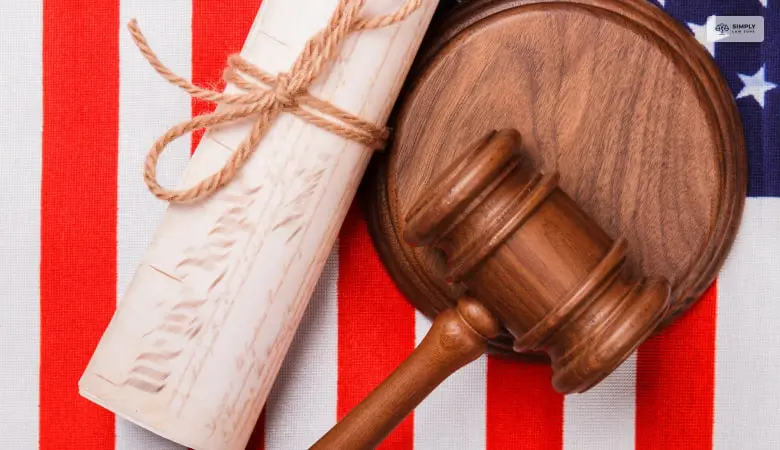
Clause 1
This Section deals with treason as a crime and stipulates the punishment for such. Treason, according to the provisions laid down, consists of:
- Waging war against the USA.
- Consorting with enemies, providing them help or comfort.
- Treason charges require two testimonies to the effect of an open confession of the act in court.
No Corruption Of Blood
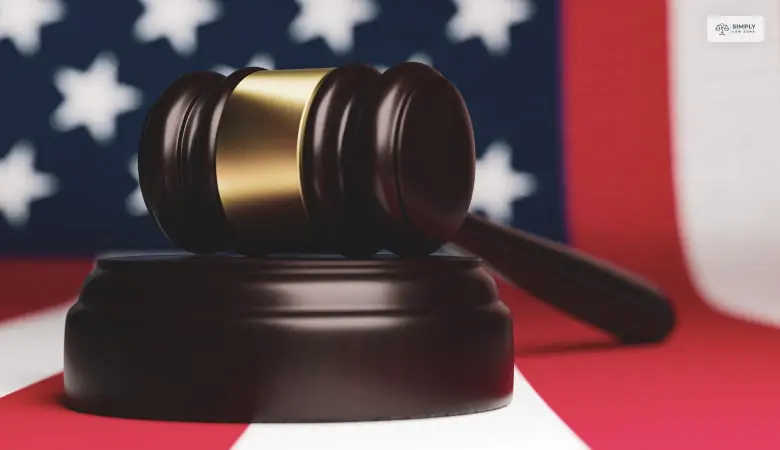
The provisions however lay down that only the person accused of treason shall be punished and forfeit his property. His heirs shall not bear the brunt of his crimes. The first federal crime bill(1790) did away with the practice of Corruption Of Blood.
The treason clause not only guarantees the loyalty of citizens to the nation but also makes sure that no person can be tried under the grounds of treason for an act not mentioned under this clause. This is done to prevent the political party in power from punishing people for treason on account of different political ideologies.
In the case of Ex Parte Bollman and Ex Parte Swartwout(1807), the Supreme Court dismissed treason charges on the grounds that the conduct referred to did not stand in violation of the treason clause.
In the case of Cramer v. the United States(1945) the Supreme Court held that merely harboring well wishes or sympathy for the enemy does not constitute treason.
The system of dual witnesses and open confession guarantees that only actions of treason and not mere thought or expressions get punished under this clause.
Conclusion
The well-functioning judicial machinery is the vanguard of the nation. It makes sure that the common folk is brought to justice while fighting against corporate mammoths or power-holding government officials.
The role of the judiciary does not remain limited to the mere interpretation of laws or litigation. Judicial review is a powerful weapon that gives way to judicial activism in the country. It makes sure that the other wings of the government do not encroach beyond the Constitution-stipulated boundaries.
This article provides a practical insight into the interpretation of Article 3 of the US Constitution and its applicability in the current world.
Hope you found the article helpful!
Read Also:


